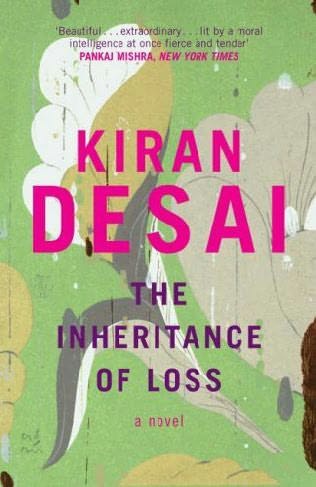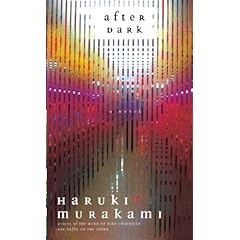
Murakami's rather oddball short story collections have a different tone from his novels. His novels can be a bit too much for the palate; but his short stories are minor masterpieces, no matter which field you're coming from. Each short story ends on a most unsatisfying note; admittedly, so do his novels, but the average reader has long quit attempting to understand the vagaries of the semblance of a story-line. His short stories, on the other hand, are short enough to warrant an extended span of attention, yet quirky enough to leave you hesistant to flip the page to the next one too soon.
This book will leave familiar shivers bristling down your spine; elements of the Wind-Up Bird Chronicle proliferate. The first story is apparently the inspiration behind said novel; and that infernal Noburu Wataya character materialises in half the short stories.
Each story chills the soul in its own unique way. Fans of Raymond Carver will immediately recognise the parallels; but Murakami turns 20/21st century urban fiction into his own plaything. Even short story titles reek of postmodernism; the Kangaroo Communique and the 100% Perfect Girl entice the reader, drawing him in to find out more.
He spins little quirks into each character; they routinely have chance encounters on similarly chance streets, they routinely miss each other and have lapses in communication. Carver's style is, however, more depressing, more morose, while Murakami is ready to portray his wonder at the incomprehensibility of the world.
A very good effort, and a perfect introduction, not just to Murakami's short stories, but even to the entire genre of postmodern short stories as a whole.
This book gets a perfect score, for being vintage Murakami.




